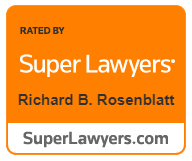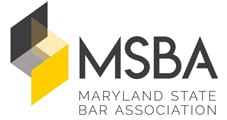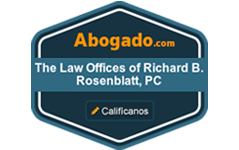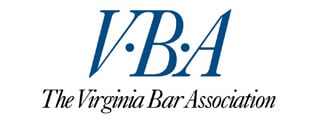Chapter 7 Or Chapter 13: Which Bankruptcy Plan Is Right For Me?
If you are thinking about bankruptcy as an option for financial recovery, you should understand w method of filing is best for your particular situation. The two main types of personal bankruptcy are Chapters 7 and 13.
Chapter 7 is generally used to wipe out unsecured debts like credit cards, medical bills and particular types of personal loans. Filers might be unemployed or work jobs that leave them with little income to pay monthly bills. On the other hand, Chapter 13 is best suited as method to stop foreclosure, wage garnishments, repossession and creditor harassment. This method of bankruptcy permits the filer to consolidate and prioritize loans. The process is completed through a three-year to five-year repayment plan, which is managed by the court. In some cases, filers can reduce or eliminate old debt.
Chapter 7 is generally reserved those who have no means to repay their debts. If you believe that this is you, you first need to determine whether you qualify. If not, a lawyer can help you explore other options.
Do I Qualify For Chapter 7 Bankruptcy?
The “means test” is a qualification step required for anyone looking to file Chapter 7 bankruptcy. The first step in the means test involves comparing your income to the median income for a family of your size in your state. If you take home more than the median income, the second step of the means test is triggered.
The second phase subtracts specific allowable expenses (determined by IRS guidelines) from your income to determine what is called your “disposable income.” If your anticipated disposable income over the next five years equals less than $100 per month, you will likely be eligible for Chapter 7.
On the other hand, if your disposable income for the next five years is greater than approximately $167 per month, a presumption arises that you probably do not need Chapter 7 assistance.
But, what if your projected income is between $100 and $167 a month? This prompts another formula that compares your disposable income over the next five years to a percentage of your unsecured debt. The calculation helps determine whether any significant repayment to your creditors is possible.
If your disposable income over that projected period is greater than 25 percent of your unsecured, non-priority debts, you will probably not qualify for Chapter 7 bankruptcy. However, if your income is less than 25 percent of your unsecured debts for the projected five-year period, you will probably be eligible.
If you do not qualify for Chapter 7, you have other routes of relief. Nevertheless, it is best to meet with a qualified bankruptcy attorney before you strategize a recovery plan. A lawyer can help you assess your eligibility for various methods of financial improvement.






